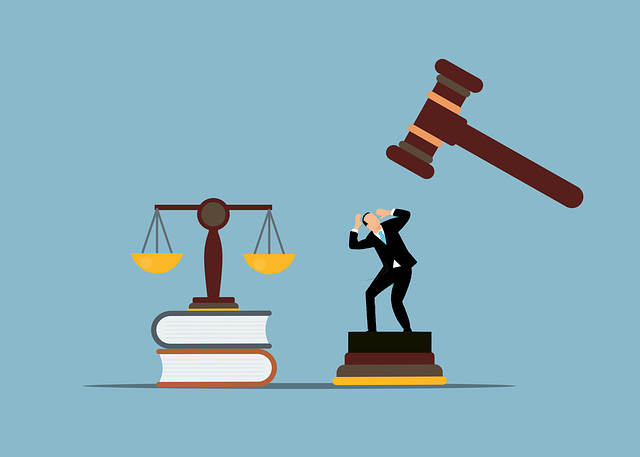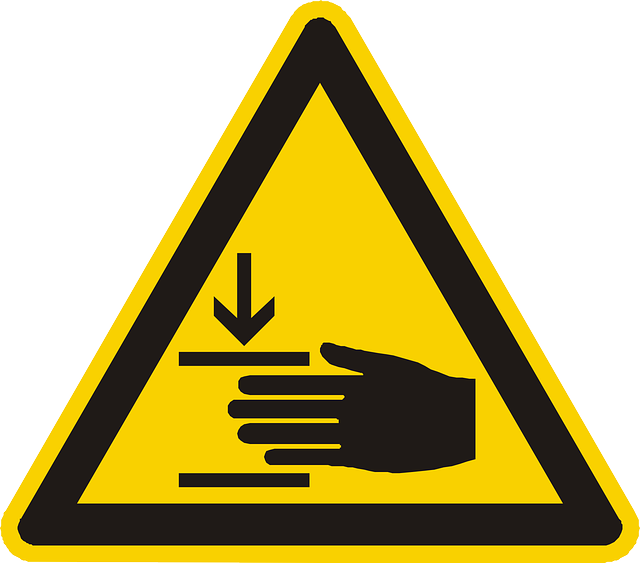When hiring a catastrophic injury attorney, understand that contingent fees (25%–40% of the award) are standard, with higher rates for complex cases. Communication about these aspects is crucial for managing expectations in claims like car accidents or product liability. The risk-based fee structure reflects the complexity and long-term nature of such cases, justifying the costs through specialized skills and high stakes. Many attorneys offer contingency agreements, flexible payment plans, and legal resources to make justice accessible regardless of financial situation.
“Seeking justice after a catastrophic injury can be a complex journey, and understanding the legal fees involved is paramount. This comprehensive guide breaks down the cost structure of engaging a catastrophic injury attorney, offering transparency in a crucial aspect of personal injury law. We’ll explore the factors that influence these fees, providing insights into what sets these attorneys apart. Additionally, we’ll navigate cost concerns, empowering clients to make informed decisions on their path to compensation and healing.”
- Understanding Legal Fees: A Breakdown of Costs for Catastrophic Injury Cases
- Factors Influencing Fee Structure: What Sets These Attorneys Apart?
- Navigating Cost Concerns: Options and Considerations for Clients Seeking Justice
Understanding Legal Fees: A Breakdown of Costs for Catastrophic Injury Cases

When retaining a catastrophic injury attorney, it’s crucial to understand the fee structure involved. Unlike hourly rates, where clients are charged for every minute spent on their case, contingent fees are more common in personal injury law. This means the lawyer only gets paid if they successfully settle or win your case. The amount is typically a percentage of the settlement or judgment, often ranging from 25% to 40%.
In catastrophic injury cases, which often involve complex medical and financial issues, the cost can be on the higher end of this spectrum. This is because these cases require extensive research, expert testimony, and litigation strategies. Additionally, legal fees may include costs for investigations, court filings, expert witnesses, and other expenses associated with building a strong case. It’s essential to discuss these details openly with your attorney to ensure you’re fully aware of the financial commitment involved in pursuing compensation for car accident injuries, contract disputes, or product liability claims.
Factors Influencing Fee Structure: What Sets These Attorneys Apart?

When considering the fee structure of a catastrophic injury attorney, several factors set these specialists apart from general practitioners or other types of lawyers. Firstly, the complexity and potential long-term nature of catastrophic injury cases demand extensive expertise and continuous commitment. These attorneys typically work on a contingency basis, meaning they only get paid if they secure a settlement or verdict for their clients—a significant risk for them but also a guarantee of no fees unless successful.
Secondly, catastrophic injury attorneys often deal with substantial financial losses, including medical bills, long-term care, and reduced earning capacity. They must possess in-depth knowledge of various legal areas to navigate through healthcare provisions, worker’s compensation, and even defective products or homeowner insurance claims. This specialized skill set, coupled with the high stakes involved in such cases, justifies their fee structure, ensuring clients receive the best possible legal representation during their most challenging times.
Navigating Cost Concerns: Options and Considerations for Clients Seeking Justice

When seeking justice after a catastrophic injury, cost concerns can be overwhelming. Clients often wonder how they will afford the legal fees associated with hiring a catastrophic injury attorney. Luckily, there are several options and considerations to navigate these financial challenges. Many attorneys offer contingency fee agreements, meaning they only get paid if they win your case. This removes the upfront cost burden, as you pay a percentage of the settlement or judgment.
Additionally, some firms provide flexible payment plans to accommodate clients’ budgets. It’s essential to discuss these options openly with your attorney. Further, certain types of cases, like medical negligence or slip and fall incidents, may have specific laws and resources that can help offset legal costs, especially when dealing with elder law issues. These strategies ensure access to justice for those who’ve suffered significant injuries, regardless of their financial situation.
When seeking compensation for a catastrophic injury, engaging the services of a specialized attorney is essential. Understanding the cost structure, which can vary based on factors like experience, caseload, and complexity, empowers clients to make informed decisions. By delving into these aspects, potential litigants can navigate the financial implications and choose a catastrophic injury attorney who aligns with their needs and budget. Remember that while legal fees are an important consideration, selecting a qualified representative with a proven track record in such cases is crucial for achieving favorable outcomes.






